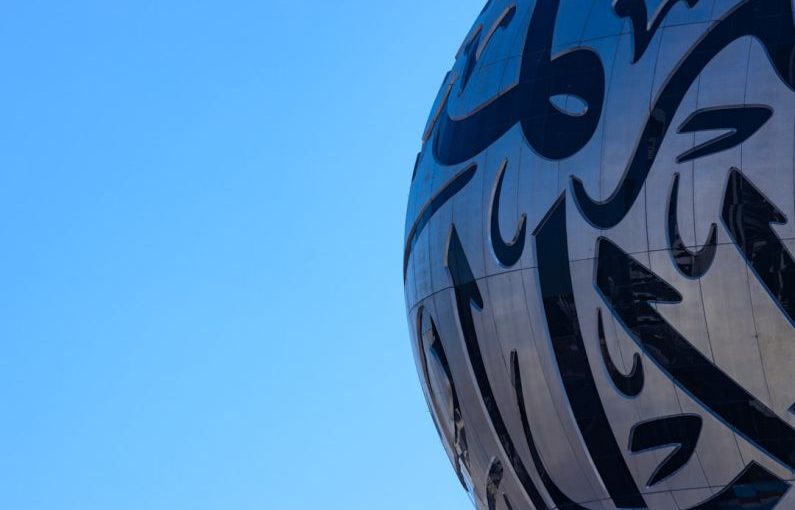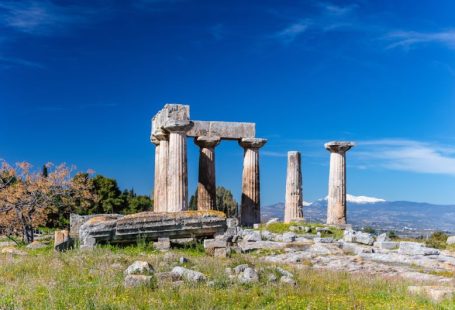Museums are the gateways to the past, preserving history and showcasing the heritage of civilizations from around the world. These institutions serve as repositories of cultural artifacts, art, and scientific discoveries, offering visitors a glimpse into the rich tapestry of human experience. From ancient relics to modern masterpieces, world museums are a treasure trove of knowledge and inspiration for those seeking to learn about different cultures and historical periods.
Exploring the Origins of Museums
The concept of museums dates back to ancient times when private collectors and rulers amassed valuable objects as a display of wealth and power. The first known public museum, the Musaeum of Alexandria, was founded in the 3rd century BCE by Ptolemy I Soter. It housed a vast collection of art, artifacts, and scrolls, making it a center of learning and scholarship in the ancient world.
During the Renaissance period, the idea of preserving and showcasing cultural heritage gained momentum, leading to the creation of museums such as the Vatican Museums in Rome and the Louvre in Paris. These institutions played a crucial role in fostering an appreciation for art and history among the public, setting the stage for the development of modern museums in the centuries that followed.
Diverse Collections Across the Globe
Today, world museums span a wide range of disciplines and specialties, catering to the diverse interests of visitors from all walks of life. From the British Museum in London, with its extensive collection of antiquities from around the world, to the Smithsonian Institution in Washington, D.C., which houses artifacts spanning natural history, science, and culture, museums offer a wealth of experiences for those curious about the past.
In addition to traditional art and history museums, there are also specialized institutions dedicated to specific subjects, such as the Museum of Modern Art in New York City, which focuses on contemporary art, and the National Air and Space Museum in Washington, D.C., which showcases the history of aviation and space exploration. These museums provide a deeper understanding of their respective fields, allowing visitors to delve into the intricacies of art, science, and culture in a meaningful way.
Preserving Cultural Heritage for Future Generations
One of the primary functions of world museums is to preserve and protect cultural heritage for future generations. Through careful curation, conservation, and research, museums ensure that important artifacts and artworks are safeguarded from the ravages of time and environmental factors. This commitment to preservation not only allows us to learn from the past but also helps us to appreciate the beauty and significance of our shared human history.
Many museums also play a vital role in education and outreach, offering programs and exhibitions that engage visitors of all ages and backgrounds. Through interactive displays, guided tours, and educational workshops, museums provide opportunities for learning and discovery, sparking curiosity and inspiring a passion for knowledge in their visitors.
Exploring the World of Museums
Visiting world museums is a transformative experience that allows us to connect with the past in a meaningful way. Whether you’re exploring ancient civilizations at the Egyptian Museum in Cairo, marveling at the artistic masterpieces of the Prado Museum in Madrid, or delving into the wonders of science at the Exploratorium in San Francisco, museums offer a window into the soul of humanity.
As we navigate the complexities of the modern world, museums serve as beacons of culture, history, and heritage, reminding us of the enduring power of art and knowledge to transcend time and space. By immersing ourselves in the treasures of world museums, we gain a deeper appreciation for the diversity and richness of human creativity, paving the way for a more enlightened and interconnected global community.
In conclusion, world museums are invaluable repositories of history and heritage, preserving the legacy of past civilizations and inspiring future generations to explore the wonders of the world around them. Through their collections and exhibitions, museums offer a glimpse into the beauty and complexity of human experience, inviting us to embark on a journey of discovery and enlightenment that transcends borders and boundaries. So, the next time you find yourself in a new city or country, be sure to visit a local museum and immerse yourself in the magic of art, history, and culture.





